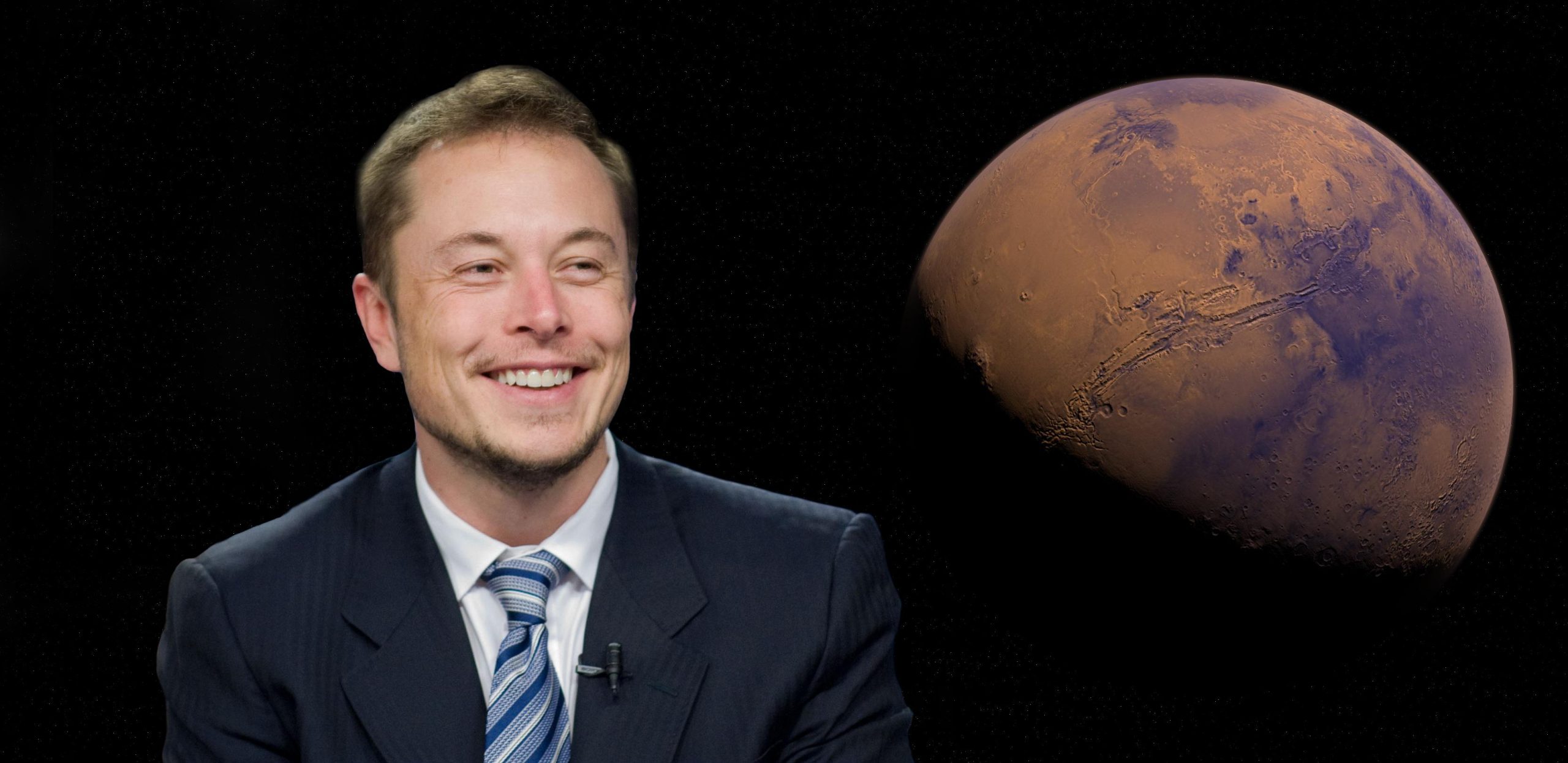Elon Musk’s brain-chip startup said Wednesday that its first-ever implant has malfunctioned.
Neuralink’s brain-computer interface, known as a BCI, was implanted into 29-year-old patient Nolan Arbaugh’s brain back in January.
Designed to help patients with paralysis control external technology using only their mind, Arbaugh — who is paralyzed from the shoulders down due to a diving accident eight years ago — is participating in Neuralink’s six-year trial to test the chip’s safety.
Just last month, Neuralink livestreamed a nine-minute video of Arbaugh showing how the BCI technology works.
He was seen playing video games, and explained that he simply imagines the cursor moving where he wants it to go and it does.
Neuralink’s chip contains 1,024 electrodes across 64 “threads” — which are thinner than a strand of human hair — that are programmed to gather data about the brains neural activity and movement intention and send that data to the company’s computer for decoding to transform the thoughts into action.
However, in the weeks since the astounding video, “a number of threads retracted from the [Arbaugh’s] brain, resulting in a net decrease in the number of effective electrodes,” Neuralink said in a blog post Wednesday earlier reported on by The Wall Street Journal.
As a result, Neuralink was not able to measure how effective its system of electrodes and threads was performing.
It was unclear how many threads malfunctioned.
“In response to this change, we modified the recording algorithm to be more sensitive to neural population signals, improved the techniques to translate these signals into cursor movements, and enhanced the user interface,” Neuralink added, insisting that the refinement will enhance the accuracy of Arbaugh’s ability to control the cursor’s bits-per-second (BPS).
BPS, according to the company, is “the standard measure for speed and accuracy.”
“These refinements produced a rapid and sustained improvement in BPS, that has now superseded Nolands initial performance,” Neuralink said.
The company — which recently changed its home base from Delaware to Nevada after Musk’s spat with a Delaware judge who invalidated his $56 billion pay package at Tesla — considered removing the implant, but the problem hasnt posed a direct risk to Arbaughs safety, The Journal reported.
Even so, the possibility of removing Arbaughs implant, a so-called explantation, was floated, people familiar with the matter told The Journal.
Neuralink did not immediately respond to The Post’s request for comment.
He’s the first human test subject of the chip developed by the Musk-owned company when a robot surgeon plugged the implant into his brain. It wasn’t immediately clear how many others will participate in the trial, or where they’ll be held.
Despite the snafu, Arbaugh is reportedly using Neuralink’s BCI system for around eight hours a day on weekdays, and as many as 10 hours on the weekends.
Now I can literally just lie in bed and play to my hearts content, he said in the March livestream — or at least until the battery of his rechargeable chip dies.
Neuralink, founded in 2016, has mostly kept information about its technology and human trials under wraps — prompting calls for greater transparency.
The US Food and Drug Administration greenlit human trials of the brain chip last year after the company did hundreds of tests on animals — and faced backlash from animal rights groups in the process.
For his part, Arbaugh has said that signed on to try the implant because he wanted to be a part of something that I feel like its going to change the world.
